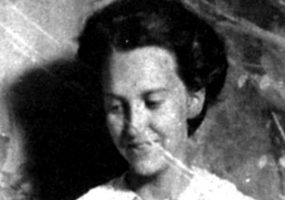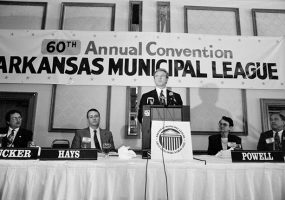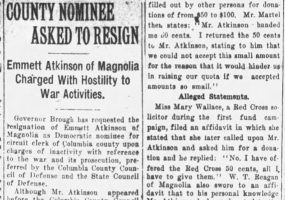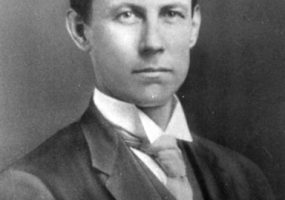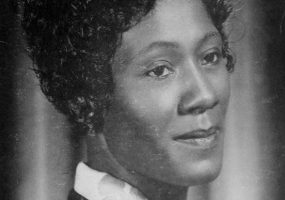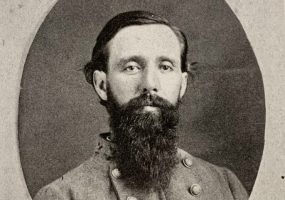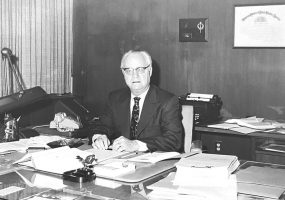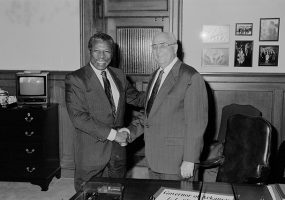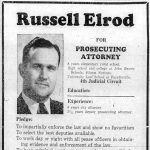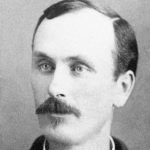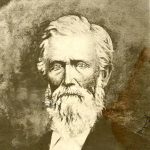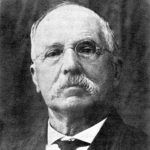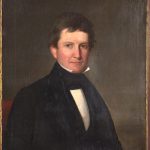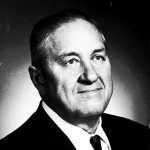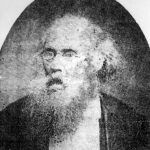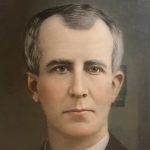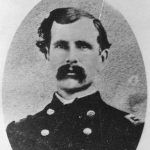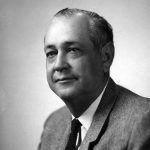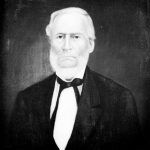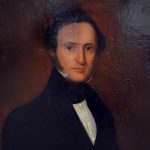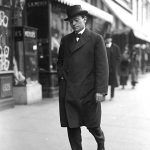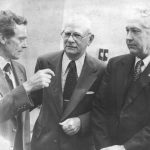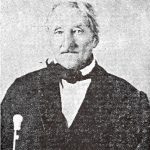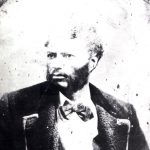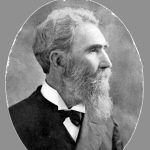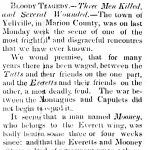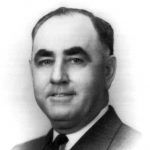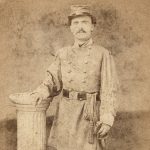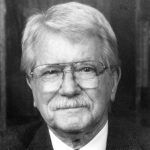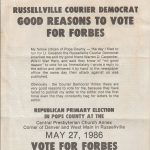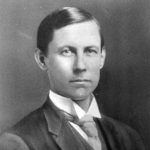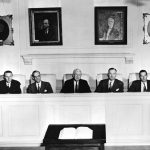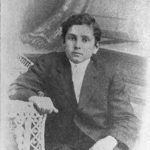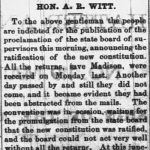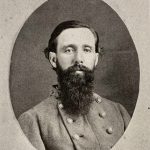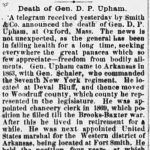calsfoundation@cals.org
Local
-
 Arkansas Leaders
Arkansas Leaders
-
 Ashley Leaders
Ashley Leaders
-
 Benton Leaders
Benton Leaders
-
 Boone Leaders
Boone Leaders
-
 Bradley Leaders
Bradley Leaders
-
 Calhoun Leaders
Calhoun Leaders
-
 Carroll Leaders
Carroll Leaders
-
 Chicot Leaders
Chicot Leaders
-
 Clark Leaders
Clark Leaders
-
 Clay Leaders
Clay Leaders
-
 Cleburne Leaders
Cleburne Leaders
-
 Conway Leaders
Conway Leaders
-
 Craighead Leaders
Craighead Leaders
-
 Crawford Leaders
Crawford Leaders
-
 Crittenden Leaders
Crittenden Leaders
-
 Cross Leaders
Cross Leaders
-
 Dallas Leaders
Dallas Leaders
-
 Desha Leaders
Desha Leaders
-
 Drew Leaders
Drew Leaders
-
 Faulkner Leaders
Faulkner Leaders
-
 Franklin Leaders
Franklin Leaders
-
 Fulton Leaders
Fulton Leaders
-
 Garland Leaders
Garland Leaders
-
 Grant Leaders
Grant Leaders
-
 Greene Leaders
Greene Leaders
-
 Hempstead Leaders
Hempstead Leaders
-
 Independence Leaders
Independence Leaders
-
 Izard Leaders
Izard Leaders
-
 Jackson Leaders
Jackson Leaders
-
 Jefferson Leaders
Jefferson Leaders
-
 Johnson Leaders
Johnson Leaders
-
 Lawrence Leaders
Lawrence Leaders
-
 Lee Leaders
Lee Leaders
-
 Lincoln Leaders
Lincoln Leaders
-
 Lonoke Leaders
Lonoke Leaders
-
 Madison Leaders
Madison Leaders
-
 Marion Leaders
Marion Leaders
-
 Miller Leaders
Miller Leaders
-
 Mississippi Leaders
Mississippi Leaders
-
 Monroe Leaders
Monroe Leaders
-
 Montgomery Leaders
Montgomery Leaders
-
 Nevada Leaders
Nevada Leaders
-
 Ouachita Leaders
Ouachita Leaders
-
 Phillips Leaders
Phillips Leaders
-
 Pike Leaders
Pike Leaders
-
 Polk Leaders
Polk Leaders
-
 Pope Leaders
Pope Leaders
-
 Prairie Leaders
Prairie Leaders
-
 Pulaski Leaders
Pulaski Leaders
-
 Randolph Leaders
Randolph Leaders
-
 Saline Leaders
Saline Leaders
-
 Scott Leaders
Scott Leaders
-
 Searcy Leaders
Searcy Leaders
-
 Sebastian Leaders
Sebastian Leaders
-
 Sevier Leaders
Sevier Leaders
-
 Sharp Leaders
Sharp Leaders
-
 St. Francis Leaders
St. Francis Leaders
-
 Van Buren Leaders
Van Buren Leaders
-
 Washington Leaders
Washington Leaders
-
 Woodruff Leaders
Woodruff Leaders




